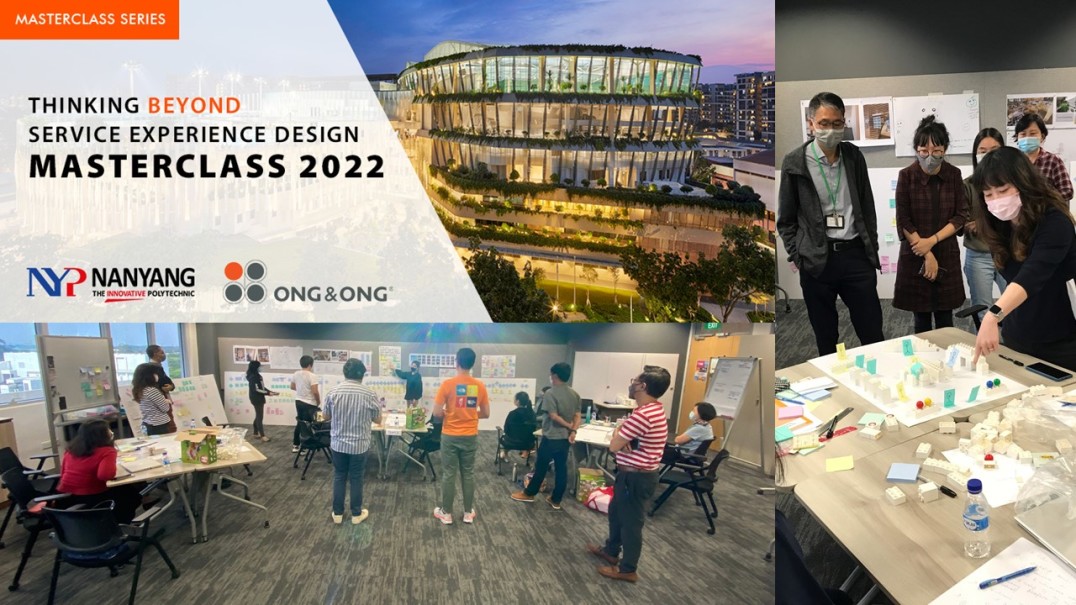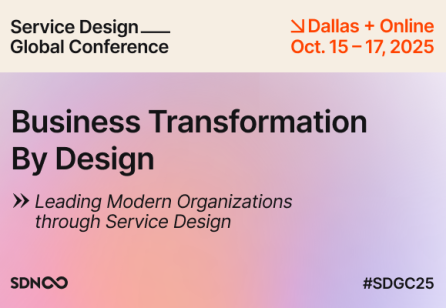
Connect, Collaborate, and Create Change – SDGC26 Awaits!
Join us at the Service Design Global Conference 2026 in Germany and online, 28–30 October. SDGC26 Registration is Now Open, Early Bird tickets are on sale.

Our Service Experience Design Masterclass 2022 participants demonstrated deep empathy and appreciation of Service Design beautifully implemented at Heartbeat@Bedok. It was a pleasure to co-facilitate with Robert Brodeth from ONG&ONG, Larry Seow and Andrew Lee from NYP School of Design & Media. Learning new insights from our guest speakers Emeric Lau and Gary Soh from Immortal sharing the domain of branding and wayfinding integrating with Service Design. Wonderful backstage support from Gina Weers, Jeffery Yap and Karen Chen from Nanyang Polytechnic School of Design & Media in making this possible!


Join us at the Service Design Global Conference 2026 in Germany and online, 28–30 October. SDGC26 Registration is Now Open, Early Bird tickets are on sale.

Created for service designers with 2+ years’ experience, the 8-week, 8-module course offers you the chance to strengthen your core skills, expand your capabilities, and earn Professional Accreditation.

Join us at SDGC25 in Dallas and online, this October 15–17. In-person and virtual tickets are available - your invitation to connect, share ideas, and explore service design's impact on business.

We are excited to share the entire recording and the full transcript of this event with Service Design practitioner and accessibility expert Dr. Benjamin Nanchen.

Share your thoughts
0 RepliesPlease login to comment